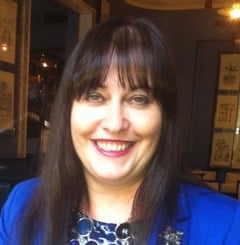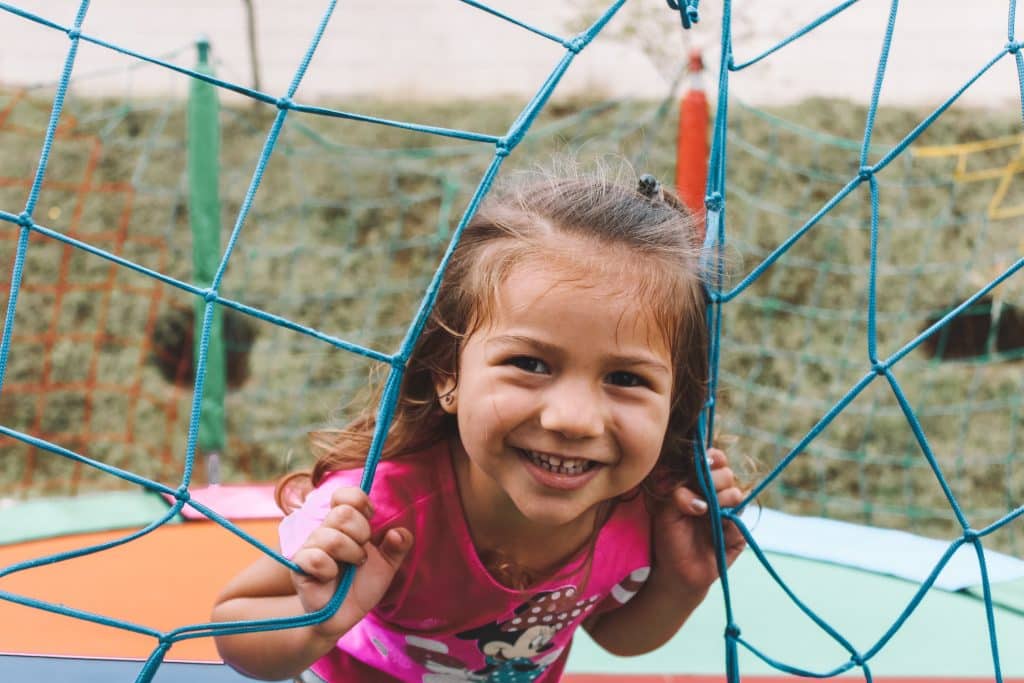"I am very passionate about enabling EYFS Practitioners to have all the skills needed to ensure all children reach their full potential.
"

Cathy Renwood
Early Years Consultant

Introduction
Early years education places a strong emphasis on holistic development, recognising that children’s growth extends beyond academic skills. Personal, social, and emotional development (PSED) is at the core of this approach. In this blog, we’ll explore the significance of PSED in the early years curriculum in the UK, its key components, and strategies for fostering a nurturing environment.
Understanding Personal, Social, and Emotional Development
Personal Development
Personal development encompasses a child’s growing sense of self, self-esteem, and self-confidence. It involves helping children develop a positive self-identity and a sense of belonging. Key aspects include:
Social Development
Social development focuses on how children learn to interact with others and develop relationships. It involves:
Emotional Development
Emotional development helps children understand and manage their feelings. This includes:
Why PSED Matters
PSED is the foundation upon which other areas of development rest. When children have a strong sense of self, can navigate social interactions effectively, and manage their emotions, they are better prepared for future learning. Moreover, these skills are vital for mental well-being and resilience throughout life.
Strategies for Promoting PSED
Conclusion
Personal, social, and emotional development is the cornerstone of early years education. It equips children with essential life skills, setting the stage for future academic and personal success. By fostering a nurturing environment that values each child’s uniqueness, encourages positive relationships, and supports emotional well-being, we can ensure that every child has the opportunity to thrive in their early years and beyond.
For more ideas and advice on ways of developing PSED skills in young children and creating nurturing learning environments, please get in touch.
